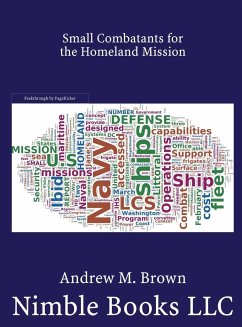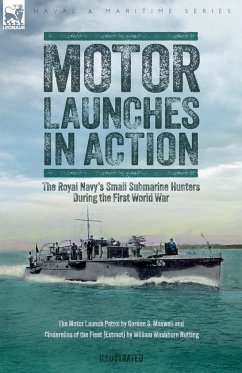This thesis examines how the composition of the U.S. fleet, with specific focus on small combatants, affects the ability of the United States Navy to undertake homeland defense missions and provides suggestions to improve its core competency. Currently, the U.S. Navy relies on a shrinking group of aging Oliver Hazard Perry class frigates to conduct counterpiracy, counter-narcotics, counter maritime insurgency, and maritime engagement missions. The large warships that make up the rest of the fleet are able to undertake these missions, but their cost and capabilities make them better suited for other operations. This thesis examines the proposed Littoral Combat Ship but argues that it is not the ideal ship: it is too expensive, too vulnerable, and undermanned, and it has a modular concept that is too underdeveloped for practical naval operations. Instead, this thesis proposes that the U.S. Navy would be better served by procuring a traditional frigate or corvette to accomplish the variety of missions that fall under the umbrella of homeland defense. Such a traditional small combatant would provide the U.S. Navy with a warship capable of conducting traditional fleet operations as well as operating at the lower end of the spectrum of operations
Hinweis: Dieser Artikel kann nur an eine deutsche Lieferadresse ausgeliefert werden.
Hinweis: Dieser Artikel kann nur an eine deutsche Lieferadresse ausgeliefert werden.








